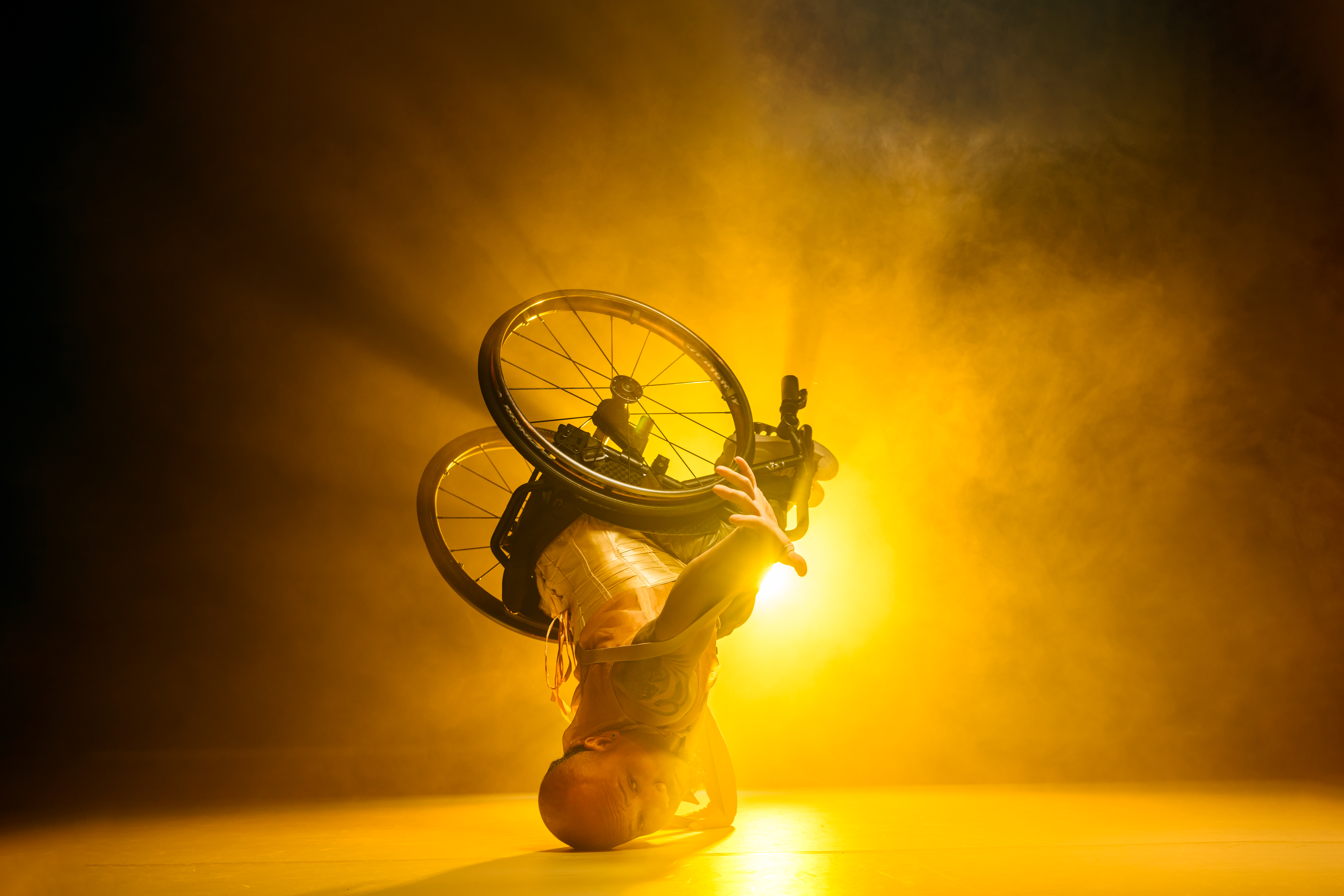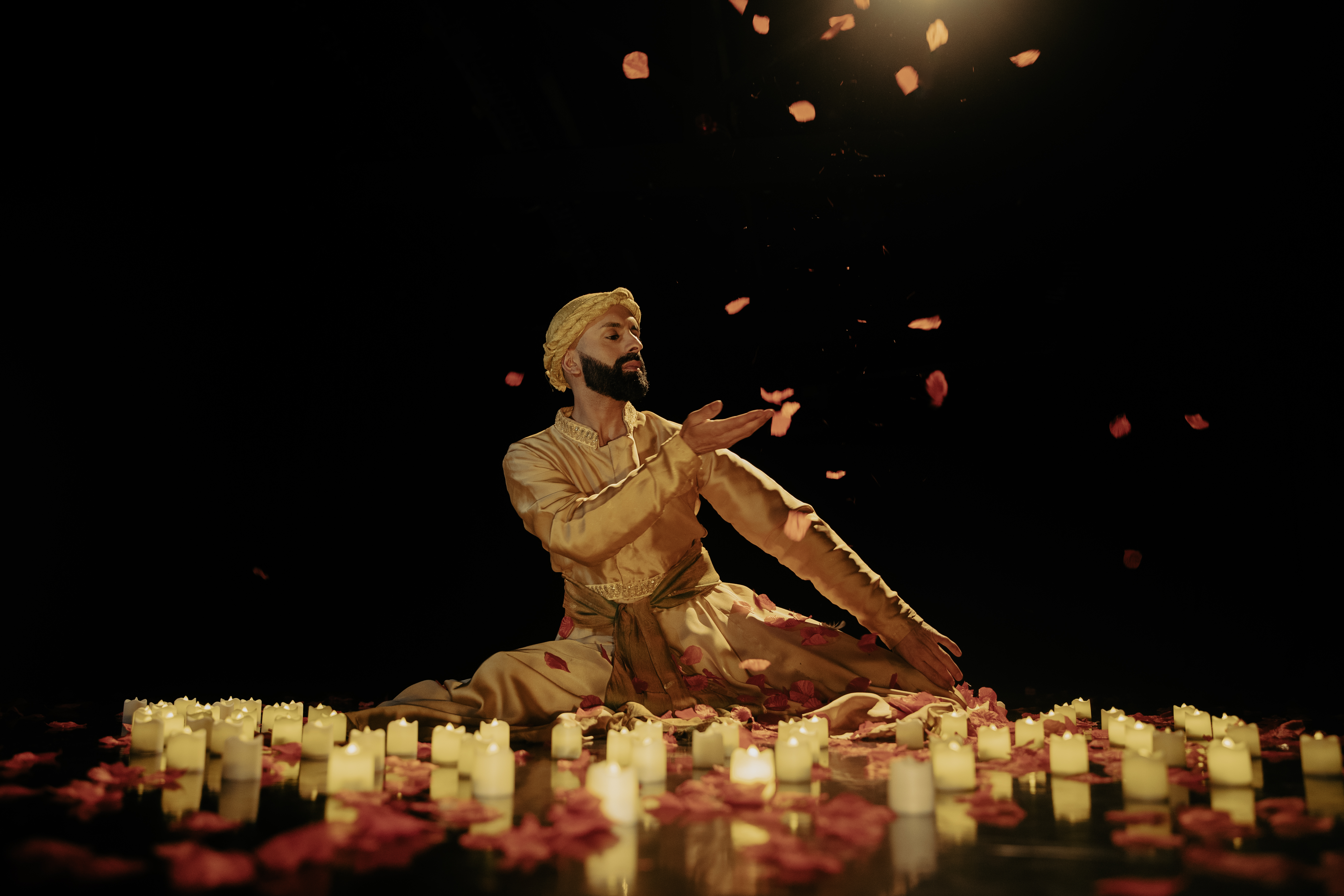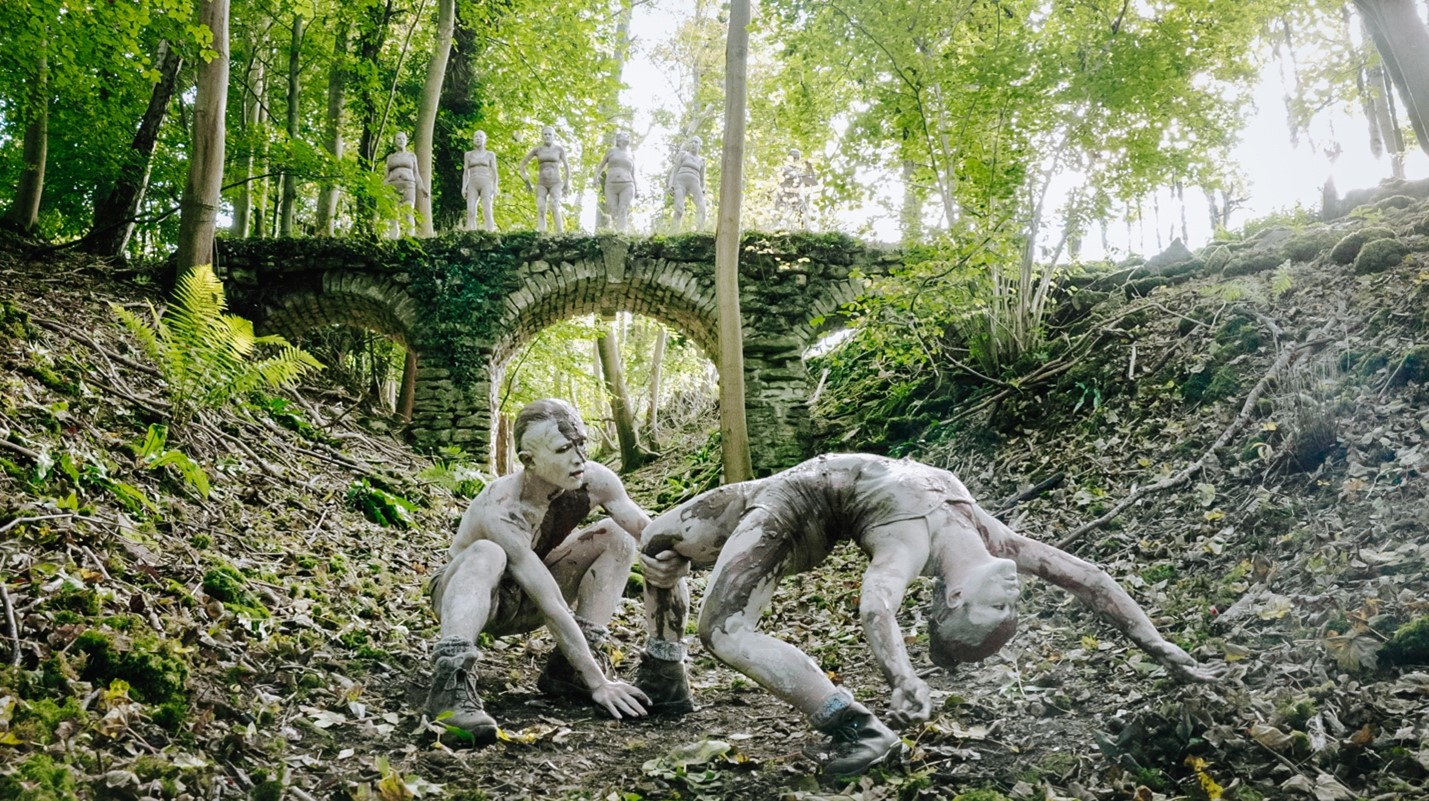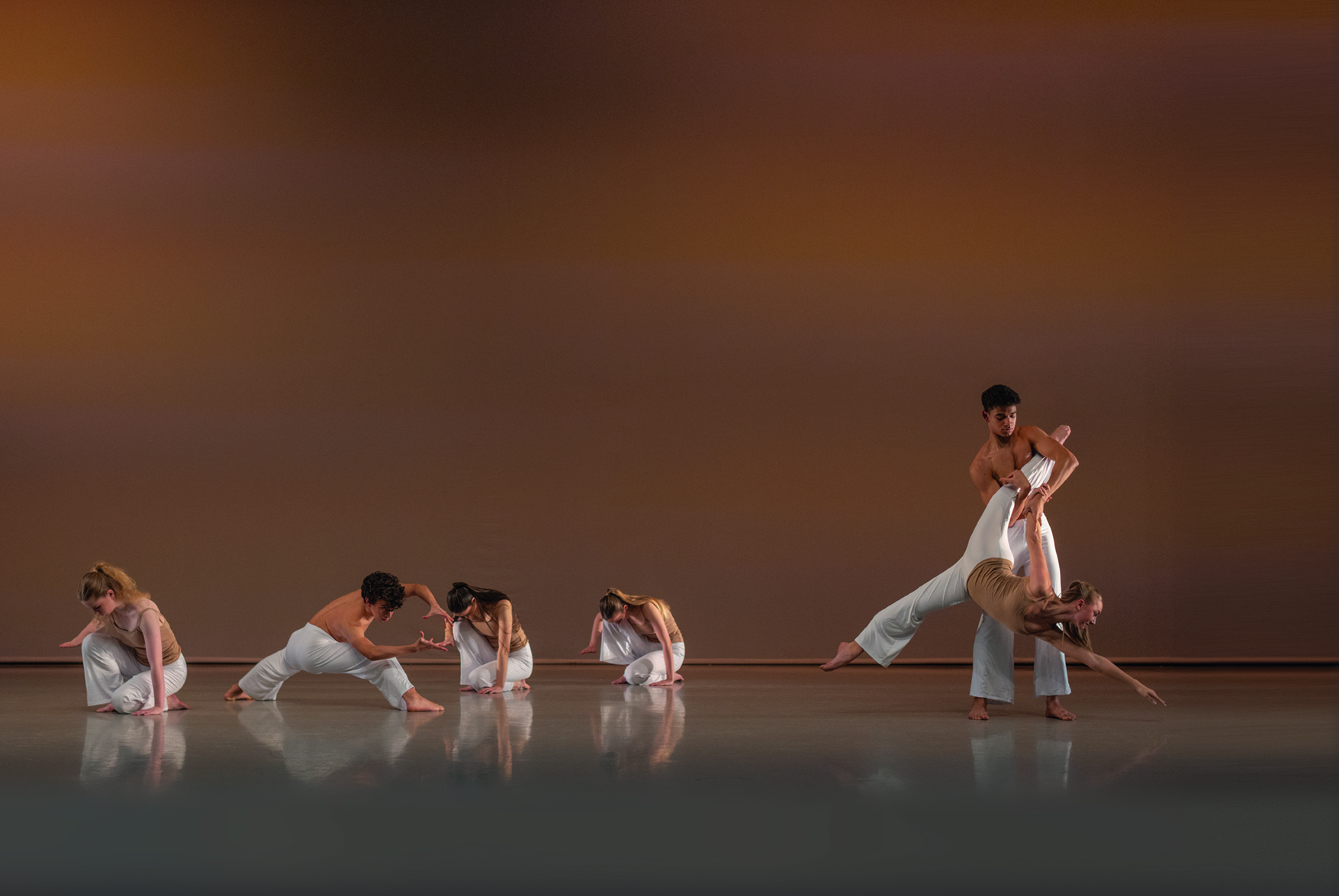NEWS
Inclusive dance company Stopgap announce boldest show yet: Lived Fiction
Lived Fiction has been conceived, written and devised by Stopgap’s Deaf, Disabled, neurodivergent and non-disabled creatives.
Share

In an intricate and complex new way of experiencing dance, Stopgap’s new show features sensual choreography performed by Deaf, Disabled, neurodivergent and non-disabled creatives, intertwined with live on-stage audio description, captioning and projection art. Lived Fiction, which is Stopgap’s most ambitious and mature work to date, advocates for Disability inclusion and gives a glimpse of the future for contemporary dance. Moving beyond showcasing Disabled dancers, they aim to make dance accessible to the widest possible range of audiences. Lived Fiction is a joyous experience of different people sharing the theatre space. They don’t give a damn about being invited to the table; they invite the audience to theirs.
Lived Fiction was developed as part of a five-year interdisciplinary project called “DANCING: Protecting the Right to Culture of Persons with Disabilities and Enhancing Cultural Diversity through European Union Law”, which explores how EU law can promote cultural participation for disabled people. The project was funded by the European Research Council in Maynooth University in Ireland and featured contributions from a wide range of artists, Disabled people, and policymakers. The production has been in development for over two years and will debut at the Project Arts Centre in Dublin in April before arriving at the Brighton Festival and later the Lowry in Salford and DanceEast in Ipswich.
The cast includes world-leading dancers Nadenh Poan (wheelchair dancer) and Hannah Sampson (person with Downs Syndrome) as well as Monique Dior Jarrett, who joins the company as a Disabled performer and an assistant Artistic Director under Stopgap’s Future Leaders initiative which is a year-long professional development opportunity funded by Arts Council England. Jarrett is joined by Jannick Moth and non-disabled dancers Christian Brinklow and Emily Lue-Fong. Creative audio description is primarily delivered live on stage by the company’s Autistic Access Artist Lily Norton.
Stopgap Dance Company is a world renown collective of Deaf, Disabled, neurodivergent, and non-disabled artists, who regularly break from tradition to present refreshing and ground-breaking work as a movement for change. Nearly thirty years ago Stopgap began as a community Dance project set up by Woking Dance Festival and Guildford Borough Council and led by Disabled dancer Dave Toole. Vicky Balaam founded the pioneering company in 2001 and now sits on the Board of Trustees. Since then, Stopgap has brought together Disabled and non-disabled dancers and has achieved many milestones for inclusivity including being the first dance company in the UK to employ a Learning Disabled dancer and a wheelchair dancer with non-disabled dancers, and the first British company of Disabled and non-disabled dancers to create their own dance work for national and international touring. Stopgap continues to tour the UK and the world spreading its message of diversity and inclusion.
Lucy Bennett, Co-Artistic Director of Stopgap, says: “We set out to make the intensity, sensuality and power of high-quality dance performance enjoyable and accessible to a wider range of people, and our access consideration was central from the beginning of our creation process. Rather than producing access features like audio description as an afterthought post creation process, we involved collaborators and advisers with a spectrum of lived experiences from the onset of the project. They helped us deconstruct and reconstruct choreographic material with the perspectives of Deaf, Disabled, and neurodivergent people in mind, and developments took place iteratively throughout the choreographic process. The company is convinced that artistic excellence and inclusion are not mutually exclusive, and Lived Fiction very much proves this to be the case.”
Professor of Law Delia Ferri, who led the DANCING project said: “The dialogue between researchers and artists shaped how Lived Fiction attempts to exemplify cultural practice that embraces accessibility as integral. The process of developing Lived Fiction has also fed into the ongoing work of DANCING, going beyond rational cognitive ways of knowing to generate deep insight about what cultural diversity really means.”



